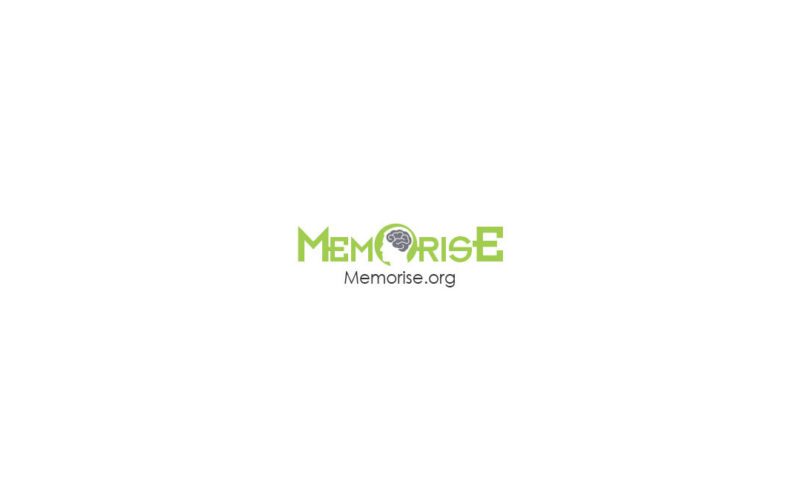We take in information from everything we see, smell, touch, hear and taste. There isn’t a bit of information that comes through your senses that isn’t stored in our brain for at least a few seconds. Memory is stored information. Our neurotransmitters are working within our brain to filter and store everything we take in to memory. Although it may sound simple it is one of the most complex systems and processes that exists in life, and there are a number of factors that are involved in making it all work together. Is it possible to improve your memory, maybe with memory training?
Basically, the hippocampus area of the brain takes in and processes the information, encodes it, and then molds it into a form the cerebral cortex can store, retain and retrieve. Memory neurotransmitters called acetylcholine transmit the nerve impulses needed to store the information. Can we use this to our advantage to improve our memory, maybe with memory training?
In chronic memory loss and dementia, the acetylcholine transmission does not connect normally. More severe cases of memory loss, like Alzheimer’s, not only does the acetylcholine connection miss, but the brain gradually acquires toxic substances and deteriorates. Due to the fact that the disease kills cells and it is irreversible (at this time) early detection is the only hope for a cure. Researchers are currently trying to come up with a vaccine that will block the toxins accumulating in the brain and preserve the acetylcholine connections that are vital to memory.
The average human brain can store 100 TRILLION bits of information, but we often lose the majority of this information through short-term memory. What we choose to imprint on a more permanent level is affected by motivation, wishes, fears and fantasies, and the amount of interference we receive by outside forces.
Why does our memory fade so quickly? Simply because we did not have cues, hooks or ties to the information we took in. Without some personal ties or experiences our memory does not feel the need to hang on to the information. Information taken in is encoded. Without a personal connection the memory does not last longer than a few seconds. What we want to retain longer is moved, stored and retained — for a moment or through a lifetime. Long-term memory is unlimited, and this information is available for recall.
To understand our ability to retrieve information, picture your memory as a library where items are stored in sections and shelves. If you want to retrieve information you need to go to the proper section and shelf. This is the perfect description for the memory palace or method of loci that I first investigated 20 years ago when I first decided to improve my memory.
In order for all of your brain connections to work efficiently there needs to be two memory systems in place — one for short-term and one for long-term memory. Short term or working memory holds all the information immediately and then allows it to pass through a narrow channel where it is dumped, or passed along to long-term memory. The short-term section holds information for only a brief amount of time, seconds actually, because otherwise there would be a backlog of information waiting to be processed. The average storage of items is 7 at a time. For this reason, if you want to remember something that has a long list you need to divide it into smaller sections, called “chunking.” For example: try to memorize this list of numbers — 1-9-8-4-2-0-0-1-1-7-7-6-1-9-6-9. If you were to chunk these items you could find it easier to remember 1984 2001 1776 1969. By putting them into smaller numbers they are easier to recall. Most memory experts around the world will use a method of loci to recall a number like this and could actually recall a 2,000 digit number in an hour using a method referred to as Character Action Object
To put is into basic terms — when you remember something a corresponding physical change happens in the brain. Your life is saved into codes encoded in your brain (called engrams). How and what your remember depends on the surrounding distractions while you are taking the information in, how you can concentrate on what you are processing, how you can relate it something in your life, and your willingness to keep it in your memory.
My name is Ron White, and I am a two-time USA Memory Champion , memory training expert, and memory keynote speaker.
Sources:
Discovering Psychology — The Biology of Memory, by Diana Woodruff-Pak: http://www.learner.org/discoveringpsychology/09/e09expand.html
Annenberg Learner, Wayne State University, Remembering and Forgetting:: http://www.learner.org/vod/vod_window.html?pid=1528



